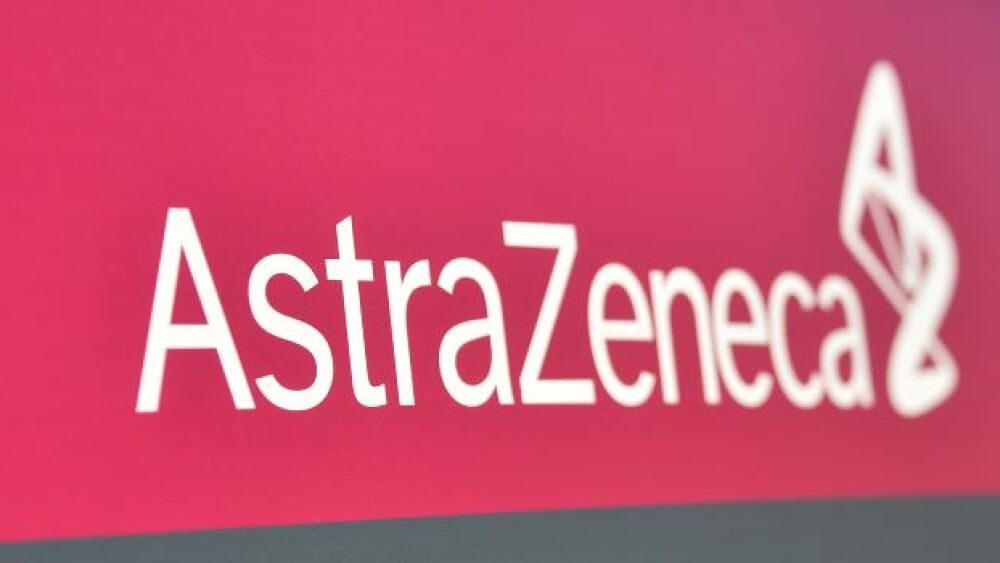An experimental AstraZeneca cancer drug trial has been placed on hold due to safety concerns. This news comes two years after Amgen was also forced to pause a study of a drug within the same class.
Nathan Stirk/Getty Images
A trial assessing an experimental AstraZeneca cancer drug has been placed on clinical hold due to safety concerns. The trial pause comes two years after Amgen was also forced to pause a study of a drug within the same class.
AstraZeneca quietly announced the study on clinicaltrials.gov, but did not issue any formal statement regarding the pause. The company said the trial, which assesses AZD5991 in subjects with relapsed or refractory hematologic malignancies, was paused to allow “further evaluation of safety related information.” The pause was put into place on Oct. 19, according to the site.
AZD5991 is a direct inhibitor of Mcl-1, a difficult target for oncology drugs and a well-known drug-resistance driver. AstraZeneca’s experimental drug is designed to target apoptosis, which is the process of programmed cell death in hematological cancer. AstraZeneca was assessing AZD5991 in combination with Roche’s venetoclax in patients with relapsed or refractory acute myeloid leukemia (AML), as well as a monotherapy treatment. Venetoclax, co-developed by Roche and AbbVie, is a small molecule inhibitor of the BCL-2 protein.
According to multiple outlets, the trial was placed on clinical hold following signs of heart issues in one patient who received the combination treatment. In a statement sent to Fierce Biotech, the first outlet to report on the hold, the company noted “asymptomatic elevation in cardiovascular laboratory parameters.” According to the report, this occurred in an AML patient who had additional comorbidities. AstraZeneca noted there were no safety signs in individuals who received AZD5991 as a monotherapy.
“It is important to note that the asymptomatic elevation has since resolved. We are now in the process of conducting a full analysis of the study data and working closely with the FDA for the benefit of the patients,” an AstraZeneca spokesperson said according to the report.
The study was designed to be a three-part, open-label, non-randomized trial designed to test the safety, tolerability, pharmacokinetics, and preliminary anti-tumor activity of ascending doses of AZD5991 alone or in combination with venetoclax in patients with relapsed or refractory hematologic malignancies.
The safety concern noted in the AstraZeneca study is similar to what Amgen faced two years ago when its study was placed on clinical hold. Earlier this year, California-based Amgen opted to scrap its study of AMG 397, an oral MCL-1 inhibitor. As BioSpace previously reported, the Amgen study was terminated to shift focus to studies of AMG 176, an intravenously dosed inhibitor of MCL-1. That asset is currently being assessed in a Phase I study for hematological malignancies.





